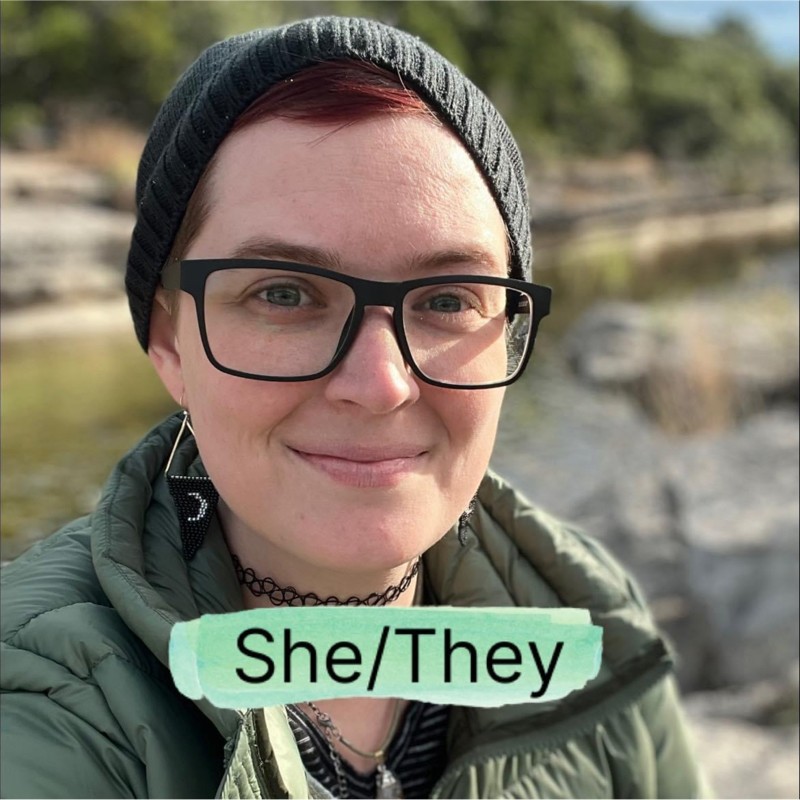The South Southwest Mental Health Technology Transfer Center (MHTTC) invites peer specialists from across Region 6 to apply for the Healing & Power in Peer Support training. Studies have shown that most people will experience trauma at least once in their lifetimes. In order to be effective, peer specialists should have an embodied understanding of trauma and healing. The Healing & Power in Peer Support training was developed to train peer supporters on the concepts of power and healing-centered practice, and how those concepts impact peer support. The Youth and Young Adult Peer Support training is available for anyone who works, or is interested in working, as a peer specialist. The only prerequisite to attendance is that participants must have previous formal training in peer support practice (e.g., their state’s Peer Specialist certification training, Intentional Peer Support, etc.).
This three-day training provides participants with a foundation for how power shows up in peer support relationships, how Healing-Centered Engagement principles can foster healing relationships and “power with,” and how peer specialists can integrate healing-centered principles into their practice of supporting others and themselves. This is a highly experiential training, where participants will integrate practice with their own lived experience through structured reflection, group discussion, and interactive activities.
The application deadline is May 22, 2024.
At the end of this training, it is envisioned that participants will be able to:
 Jessi Davis (she/they) is an experienced Program Coordinator and Peer Specialist with a
Jessi Davis (she/they) is an experienced Program Coordinator and Peer Specialist with a
demonstrated history of working in the Peer Support, Mental Health, and Substance Use
Recovery industries. Jessi is known for work surrounding Youth and Young Adult Peer
Support training, technical assistance, and leadership. Currently working at the South
Southwest Mental Health Technology Transfer Center, Jessi works to provide support,
technical assistance, and training to the Peer Workforce throughout the 5 states and all
tribal communities within Region 6. They have spent much of their career focused on
promoting access to quality Peer Specialist services across the lifespan.
 Darcy Kues (she/her) is a Project Manager with the South Southwest Mental Health
Darcy Kues (she/her) is a Project Manager with the South Southwest Mental Health
Technology Transfer Center and the Addiction Research Institute, where she writes
curricula focused on peer support and recovery services. She has over 7 years of
experience in curriculum development, grant writing, and program coordination for
peer support services and recovery-oriented behavioral health. Darcy has developed
trainings on reentry peer support, youth and young adult peer support, trauma
responsiveness, peer support supervision, LGBTQ affirming services, and more. She is
committed to building a world where recovery and lived experience are centered at
every level of decision-making.